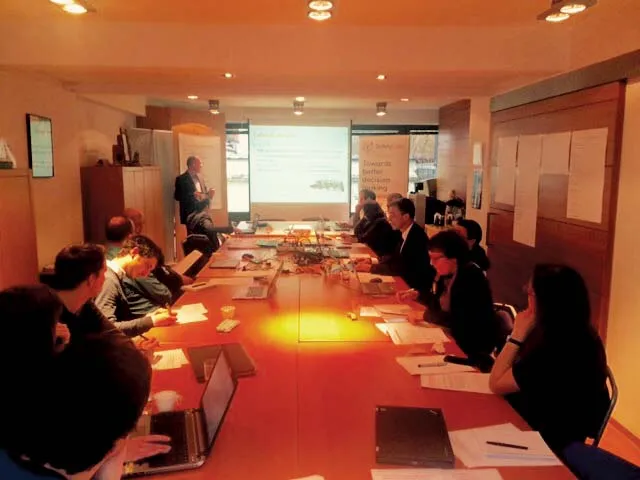A novel safety programme is being implemented that will benefit Europe’s motorcyclists. The RIDERSCAN programme is the European motorcycle safety scanning tour. The project is being co-funded by the European Union, gathering existing data on motorcycle safety in order to identify missing knowledge and information and provide guidance to road authorities. It brings together all road safety stakeholders involved in motorcycle safety to create a knowledge network, enhancing communication and fostering better c
October 9, 2012
Read time: 2 mins
A novel safety programme is being implemented that will benefit Europe’s motorcyclists. The RIDERSCAN programme is the European motorcycle safety scanning tour. The project is being co-funded by the 1116 European Union, gathering existing data on motorcycle safety in order to identify missing knowledge and information and provide guidance to road authorities. It brings together all road safety stakeholders involved in motorcycle safety to create a knowledge network, enhancing communication and fostering better cooperation among partners. Features of the programme include an open Call for Contributions, which allows anyone with an interest in motorcycle safety to submit relevant information, success stories, data and other achievements. All information submitted will be considered by the project team. It also includes a pan-European Survey that aims at mapping the motorcycle community across Europe.
This six-month survey will be launched in English, and will soon expand to include most European languages by December 2012. Country-by-country support campaigns will enlarge the scope of respondents. Much of the groundwork for the programme has been made by the Federation of European Motorcyclists’ Association (2906 Fema). Unlike previous safety concepts suggested by Europe’s politicians who have displayed minimal knowledge or understanding of safety issues facing motorcyclists however, this new programme comes from within the motorcycling sector. As a result, it is likely to be more effective, more efficient and a lot less costly.
This six-month survey will be launched in English, and will soon expand to include most European languages by December 2012. Country-by-country support campaigns will enlarge the scope of respondents. Much of the groundwork for the programme has been made by the Federation of European Motorcyclists’ Association (







